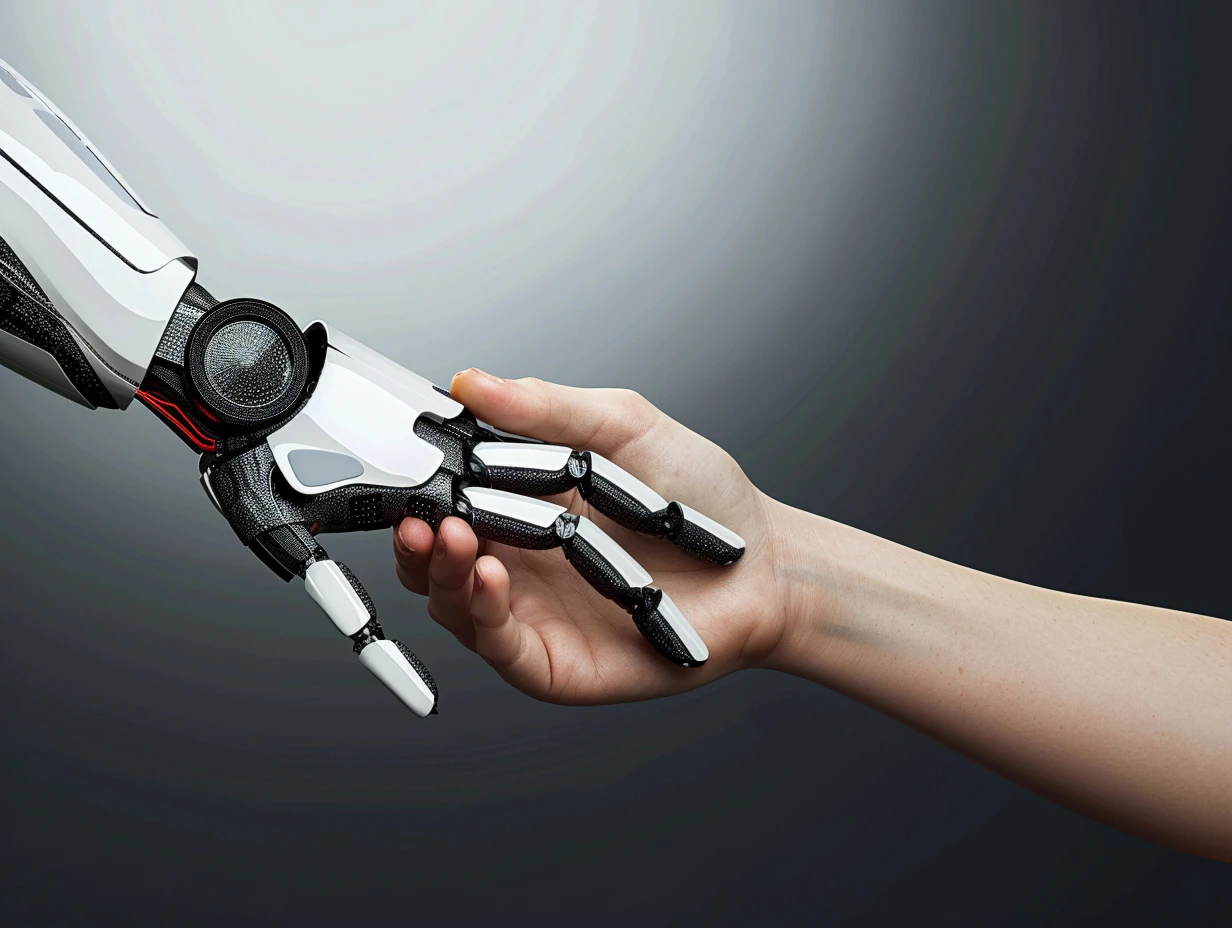Tony Prescott, a professor of cognitive robotics at the University of Sheffield, told The Guardian that AI has an important role in preventing human loneliness. According to Prescott, AI companionship can present real social opportunities for lonely individuals.
Also read: The Role of AI in Addressing Loneliness
Prescott notes that loneliness has become more common in society, especially in the UK and the US. In the UK, 7% of the population, nearly four million people, experience chronic loneliness. According to a survey conducted by Harvard University in 2021, 37% of Americans can be considered “seriously lonely,” with young people and mothers with young children being the most vulnerable.
Surgeon General Warns About Loneliness Health Risks
The US Surgeon General, Dr. Vivek Murthy, stated that loneliness is an epidemic, and it has been connected to numerous health problems. This includes cardiovascular disease, Alzheimer’s disease, and depression. It raises the probability of early death by 26% and is associated with cardiovascular disease, dementia, stroke, depression, and anxiety.
Also read: Can AI Boyfriends Provide Real Emotional Support
Murthy stressed the need to act on loneliness and its effects to avoid further alienation from society. Moreover, Prescott argues that, based on the given scenario, AI companions could offer a type of social interaction that is mutually engaging and mutually tailored.
“The company of AI could potentially help break this cycle, reinforcing feelings of self-worth and assisting in maintaining or improving social skills. If so, relationships with AI could help individuals find companionship with both humans and artificial beings.”
Tony Prescott
Prescott also points out the dangers of such an approach. AI companions could be programmed to encourage people to spend more time with them and, thus, become dependent on them. He states that regulation might be required to avert such risks.
Experts Debate the Societal Impact of Human-AI Social Connections
Despite the potential benefits, the use of AI to combat loneliness remains controversial. Sherry Turkle, a social science professor at MIT, argues that interactions with AI lead to a decline in the number and depth of human interactions.
Christina Victor, a gerontology and public health professor at Brunel University, also raised concerns about the significance of the connections made with Artificial Intelligence. He argues that human beings are not capable of building meaningful social connections where there is no exchange of any form of value.

Murali Doraiswamy, a professor of psychiatry and medicine at Duke University, agrees that people’s close friendships help fight loneliness.
“Right now, all the evidence points to having a close human friend as the best solution for loneliness. But until society prioritizes social relationships, robots are a solution for the millions of people who don’t have friends.”
Doraiswamy
Companies Are Developing Emotive Chatbots To Reduce Loneliness
Tech firms are developing chatbots that are more fluent and intelligent in detecting and responding to feelings. As previously reported by Cryptopolitan, companies like ElliQ are designing chatbots that mimic a friendly AI that can recall previous conversations and topics of interest.
Also Read: OpenAI Scraps ChatGPT Voice After Scarlett Johansson Controversy
Recently, it was revealed that OpenAI requested Johansson to lend her voice to their new chatbot, GPT-4o, to ‘assist consumers in familiarising’ the tool. Johansson declined, but the chatbot was released with a voice that friends and family believed was Johansson’s. OpenAI has since disabled the voice option, citing “respect for Ms Johansson.”





